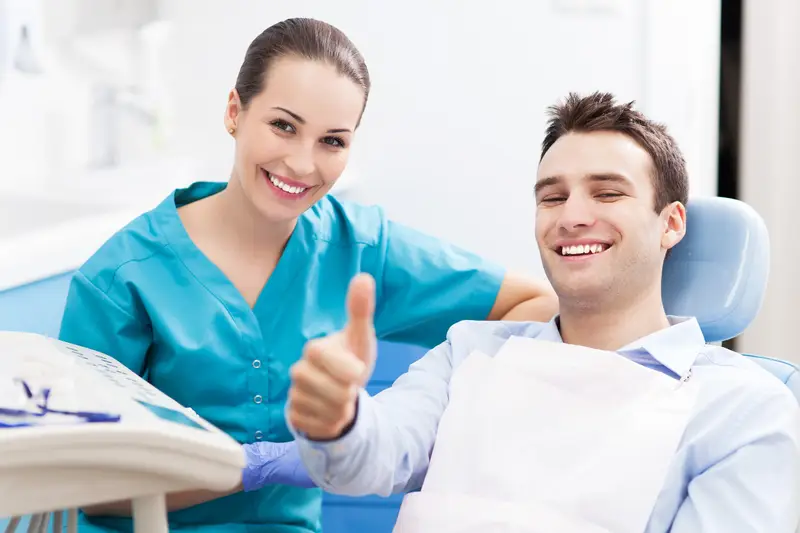For many years, one of my mentors has been the director of pilot training at one of the country’s largest airlines. He has emphasized to me on several occasions the rigorous hours and training that even the most experienced pilots are required to complete each year. In fact, every pilot is required to complete a certain number of simulator hours each year. As you know, a simulator is a flight deck that never leaves the ground and has software that runs different potential inflight scenarios to which the pilot and crew must respond. The purpose of the simulator is to practice in a safe, controlled environment, compromising scenarios that might occur in flight. In this safe environment, the pilot and crew can test and practice their skills without putting lives at risk. It is obviously better for them to practice alone instead of practicing on the next commercial flight where you might be the passenger!
Any business, especially a dental practice, could adopt some good lessons from the airlines. Imagine if the airlines started calling every commercial passenger flight a “practice” flight! Yet somehow it is OK that patients go to a dental “practice” where a dentist and team “practice” all day long…on the patient! (So much for the complications of English grammar and the slight differences in the definitions of the word “practice!”)
So whether you are a dentist who is in the “practice” dentistry or you are a pilot “practicing” in the simulator, there is one common denominator; we all need to practice and refine our skills so that we are constantly improving our performance and can deliver the best product or service to the customer, client, passenger or whatever you call the people who do business with you.
If there is one thing just about every team member in dentistry hates, however, it is practicing or role-playing patient scenarios in front of the rest of the team. Without diving into the psychology of why we don’t like to role-play, the fact remains that teams that practice their verbal and patient service skills when they are not with patients, perform far better when they are in front of patients. It pays to practice.
Here are some quick suggestions to make regular practice of patient service verbal skills a more palatable process:
- Simply discuss different patient situations and what would be the best way to handle them. Discussion is the first step to raising the team’s awareness of different and more effective ways to work with patients.
- Give team members the opportunity to share what they have done in different situations. Story telling feels much less threatening than “acting.”
- Give team members the opportunity to share what they would do in a potential patient scenario. Brainstorming together on possible solutions helps everyone get involved and think on a different level.
- Make it fun. Give team members the opportunity to reward each other for a good effort or job well-done during team meetings with simple rewards or recognitions.
- Use a training aid that will help everyone stay focused on learning and mastering essential patient service skills. For example, the Total Patient Service “Virtual Coaching Platform” is a powerful training aid that keeps vital skills in front of team members every week, so they continue to improve. (For free access to the ToPS “Virtual Coaching Platform” for the next 30 days, log onto: https://bit.ly/TPDAADOM)
- Once your team is comfortable with each other and with a basic skill set, you can take them to a higher level where they can roll-play different patient scenarios and improve their skills.
While there are dozens of different methods, the ones above should give you plenty of variety in how you train your team. Have a higher level of confidence in your team’s ability to properly deal with the wide variety of patient situations they face each day by providing them the proper tools and practice…just like an airplane pilot.
Act today to build a better simulator for your team so everyone can “fly” more successfully and you can bring every patient interaction in for a successful landing at the end of every appointment.



